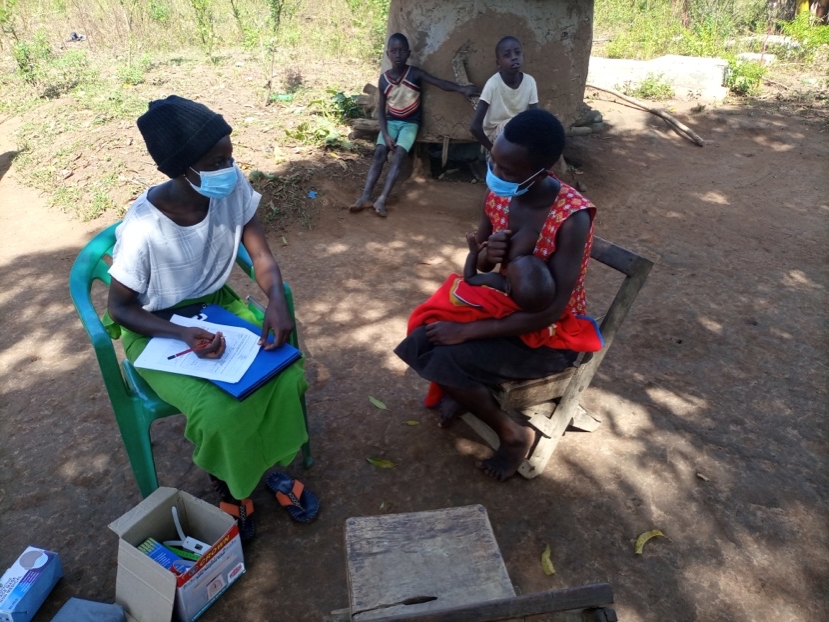In Uganda, like other East African countries, 80% of agricultural waste (1,262 tons/day) remains uncollected, contributing greenhouse gases (GHG) amounting to 3.2 tons of CO2-Equivalent into the atmosphere daily, and is projected to increase to 6,313 tons/day by 2025. Besides GHG pollution, improperly managed livestock waste is the primary source of odor and pathogens, and deteriorating soil, water and air quality is a major threat to human and livestock health; yet livestock productivity is impeded by low-quality feeds. In response, this project seeks to develop novel protocols for recycling accumulated and environmentally hazardous livestock waste streams as a media for the cultivation of algae forage biomass. Protocols for converting the cultivated microalgae forage biomass into potentially nutritious bio-feed resources will also be developed. In this regard, different microalgae species from varied agricultural ecosystems and forest habitat sites will be collected. The microalgae species will be isolated and profiled in the lab using micropropagation protocols and Kjeldahl procedures, respectively. The species with the potential for biomass production and nutritional composition for bio-feed production will be selected and promoted for forage biomass production. In the end, protocols for recycling waste into bio feeds will be developed.

Nakimwanyi Shamilah
Year Awarded: 2023
Published: